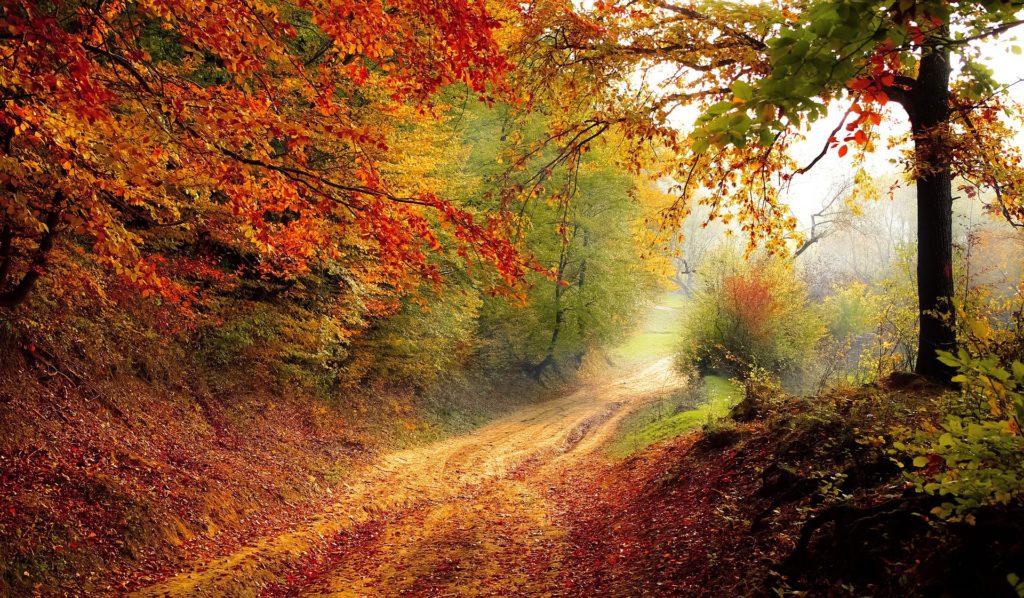I’ve been seeing lots of posts regarding a phenomenon called Autumn Anxiety, so named by a therapist in Wales, Ginny Scully, who was seeing a lot of patients with similar symptoms this time of year. It’s attributed to the crush of responsibility that a lot of people feel when summer ends and the “real world” comes crashing back in. Some say it has to do with the shortened days and a feeling of anticipation but they can’t quite pinpoint what they are anticipating. There are lots of articles online with decent advice for dealing with this but none of them address the thing I think is partially at fault here.
There is a primal part of us that is still very much at work in our lives. It is the animal part of us that we like to pretend doesn’t exist. The fear response we have to perceived threats dates all the way back deep into prehistory; to prelanguage days actually. It’s function is to keep you alive by warning you of dangers. The brain of a modern human still has this fear response because it worked so well for our ancestors that they passed it down to us. Yay! It’s a wonderful thing when it keeps us from getting killed by a bear or burning ourselves in a fire. It’s when this response is triggered by things that aren’t really dangerous that we have problems. This sometimes manifests as anxiety.
With the changing weather comes the end of the harvest. For thousands of years this was the time of year that our ancestors either put by enough food for the coming winter or they didn’t. They knew that a bad growing season meant a hard winter. If, in February, they were out of onions, that was that. There was no supermarket to run to. The shortening days meant time was running out to put away grain for the coming months. It meant that they had only a few more weeks before the frost and freezes drove them indoors and they had to be prepared for whatever might come so they could survive the winter. Our ancestors operated like this for millennia. It had to have a lasting effect on our human psyche.
In the modern world we have outsourced almost all our basic needs. We don’t hunt, gather, build our own homes, sew our own clothes, chop our own wood; at least most of us don’t. Some of us do these things as hobbies now. We work for money to pay others to do these things for us because they can do it more effectively for the most part. But deep in our brains is the primal us. The part that knows that winter can kill you. The part that knows we didn’t grow any food this year. That ancient relic from our ancestors is triggered when the days get shorter and the air gets colder. I think acknowledging this instinctual response to the season is helpful in handling the change.
